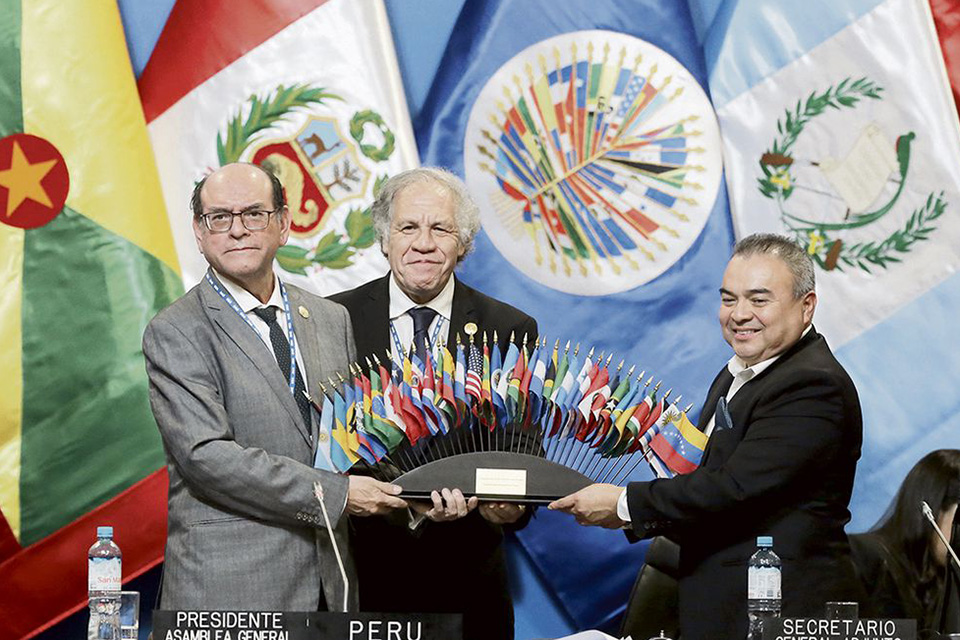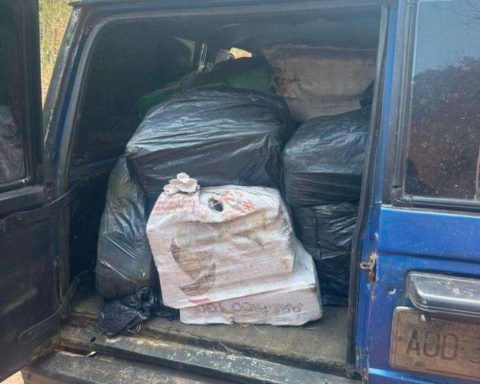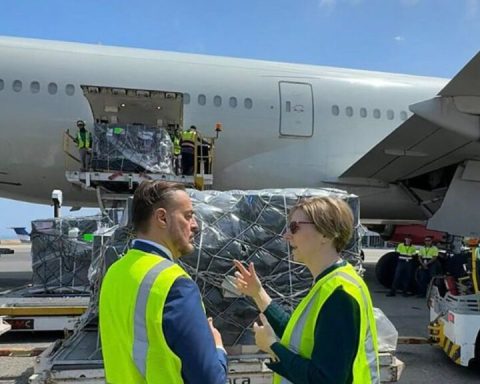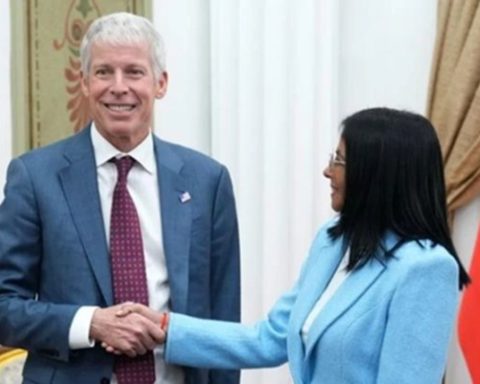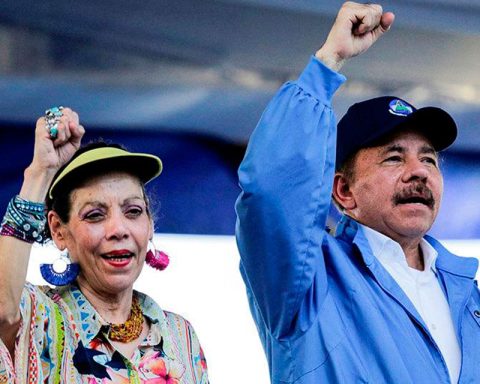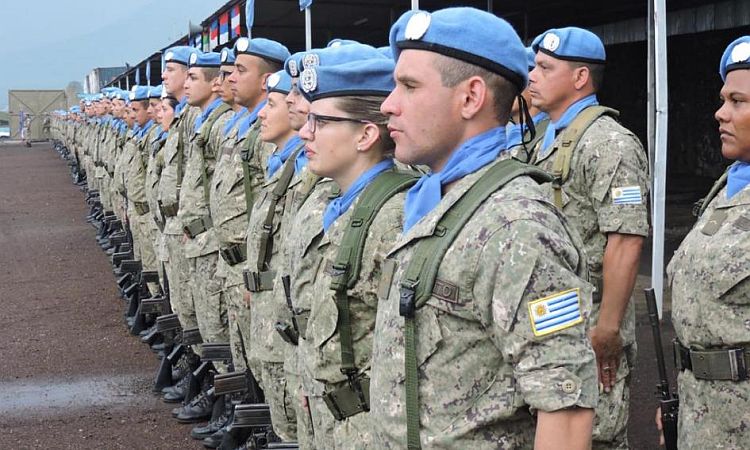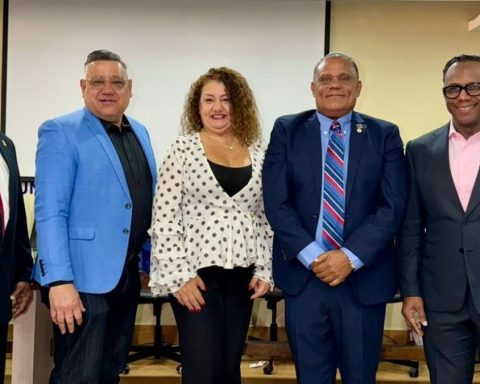The OAS declaration points out the importance of placing people at the center of national policies on development and the fight against inequality and discrimination, adopting concrete measures to reverse the persistence of inequities. Condemns all types of exclusion or violence based on reasons of race, color, sex, gender, language, religion, ethnicity, origin, political opinion or of any other nature.
The Organization of American States (OAS) approved this Friday, October 7, the declaration of Lima at the end of the LII General Assembly, through which the member states commit to make coordinated efforts to fight against inequality and discrimination in all its forms and manifestations.
The document, which includes the slogan that Peru chose for the summit, as the host country, “Together against inequality and discrimination”, focuses on the need to overcome the structural problems that affect people belonging to groups in situations of vulnerability that They have historically been discriminated against.
As detailed by the rapporteur of the OAS general commission, the initial text “had pending paragraphs related to the gender approach, sexual orientation and excluded groups,” which were finally resolved by avoiding references to particular groups, with the exception of the mention to indigenous and Afro-descendant origin and identity.
Among the countries that presented footnotes to the declaration are Paraguay and Guatemala, whose representatives at the regional forum pointed out that some points contravene their respective national legislation and maintain terminologies that do not reflect “acceptable concepts.”
fight discrimination
Specifically, the declaration points out the importance of placing people at the center of national policies on development and the fight against inequality and discrimination, adopting concrete measures to reverse the persistence of inequities.
Along these lines, it condemns all types of exclusion or violence based on reasons of race, color, sex, gender, language, religion, ethnicity, origin, political opinion or of any other nature.
Likewise, it reaffirms the commitment of the OAS member countries to strengthen governance and democratic institutions as a factor of social cohesion, as well as to promote and protect the human rights of all people.
It also ratifies the will to promote social, political, and economic inclusion and participation “in order to improve the living conditions of the peoples of the hemisphere.”
The declaration also defends the importance of reducing the digital gap, especially gender, and combating poverty as the highest manifestation of inequality and exclusion.
At the same time, it expresses the importance of applying the gender and intersectionality perspective to public policies and programs so that they are sensitive to the differences and requirements of women and girls, boys, indigenous peoples, Afro-descendants, and other vulnerable groups.
In this sense, it reaffirms the conviction that the empowerment and autonomy of all women and groups traditionally excluded from the political structures of power “is essential to achieve effective and lasting solutions.”
Strengthen democracy
On the other hand, the declaration also ratifies the commitment of the countries to reduce the obstacles to financial inclusion and to continue promoting, through cooperative and multilateral actions, the strengthening of democratic governance, the fight against corruption and the consolidation of the rule of law, among others.
In addition, it considers it necessary to advance in the achievement of the objectives of the 2030 Agenda for Sustainable Development and face climate change and its “serious effects” in the region.
Fight poverty
The OAS also made a call to “be more effective in the fight against poverty” to overcome “times of inequality and discrimination.”
“We have to be more efficient in the fight against poverty, we have to provide more and better education for everyone,” said the OAS Secretary General, Louis Almagroat the closing session of the summit.
Almagro assured that the delegations have identified “the variables of inequality and discrimination” that affect the continent, as well as “the path to follow to overcome the conditions and times of inequality and discrimination.”
“Every human right of every person must be protected and promoted. We have to do it better than anyone else, we cannot go back, we cannot be the most unequal », he maintained, after mentioning the need to also combat the effects of climate change.
*Read also OAS General Assembly refused to include a motion to expel Guaidó’s representative
With information from EFE
Post Views:
808
